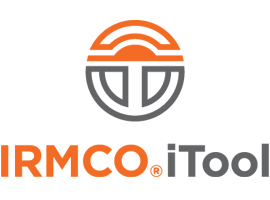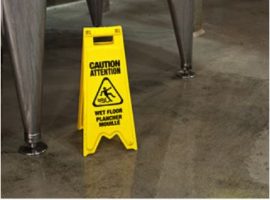 LUBRICANT TESTING
LUBRICANT TESTING
Need to run lubricant or alternate substrate testing but can’t interrupt production or spare the personnel and resources? IRMCO iTOOL can:
- Allow you to evaluate multiple, competitive lubricants in a controlled, statistically valid protocol.
- Enables you to screen lubricants on different substrates to better predict and eliminate potential process issues related to substrate changes in projects like “light-weighting”.
- Measure comparative tool and part temperature to better illustrate frictional differences between lubricants and/or substrates.
- Provides the ability for you to collect data on 5 production related factors all through ONE test regime.
- Plainly compares differences between alternate lubricants of SIMILAR AND DIFFERENT chemical classes.

PROCESS CONTROL/EFFICIENCY
Your lubricant is more than just a stamping fluid:
- It is a contaminant that can greatly impact the quality and appearance of your welding.
- It can have a dramatic impact on the bath life of your pretreatment chemistry, the amount of heat necessary for cleaning processes and the amount of water consumed in cleaning processes.
- Your lubricant can impact the speed at which you can pretreat and finish parts.
- A lubricant can have a major impact on the efficiency and compliance of your waste treatment processes or costs associated with hauling waste from your facility.
- Lubricant selection is one of the most important facets in minimizing consumption of energy, water and labor.

SAFETY
Have you ever walked into a building and are immediately aware of a chemical odor?
- Your lubricant not only contacts your metal substrates and dies – it contacts your operators and management. Your employees and team members are exposed to chemical solutions, residues and mists throughout the work day.
- Shop floors, tools and work spaces are all exposed to the effects of your choices in chemicals.
- Slips and falls can occur when lubricants are over applied or misused. Odors and persistent clouds of mist or smoke can impact respiratory health and worker safety.

SUSTAINABILITY
Sustainability of your lubricant materials is increasingly important:
- This not only affects your bottom-line cost per gallon but also the impact you make on your environment and community.
- By using raw materials that are more easily replenished and/or bio-based and are more biodegradable and less persistent and toxic – your employees, community and environment are safer.
- Sustainable raw materials are often less susceptible to foreign economic, political and environmental issues.
- Using products based on renewable resources – your “Carbon footprint” and that of your community is smaller.

